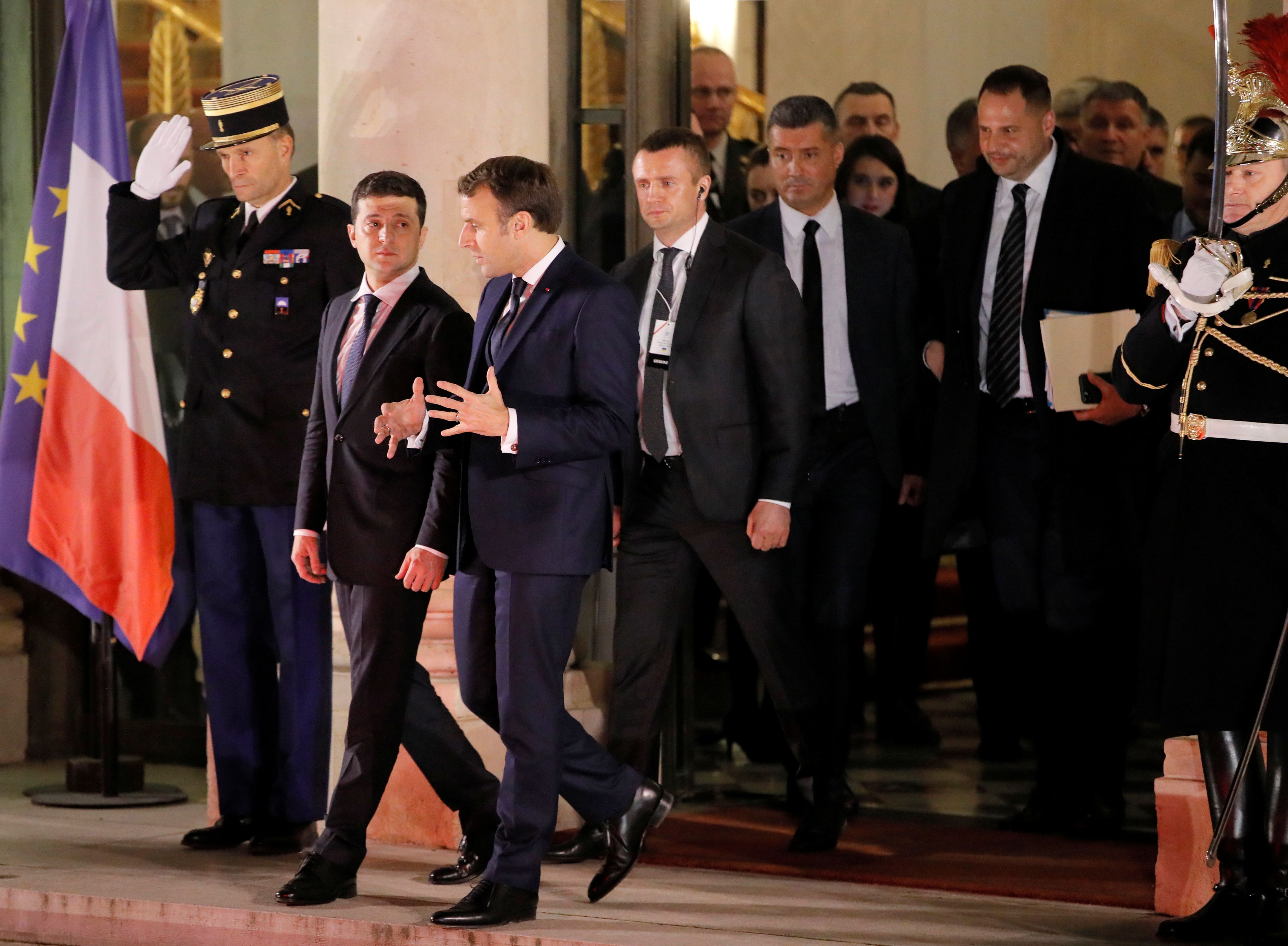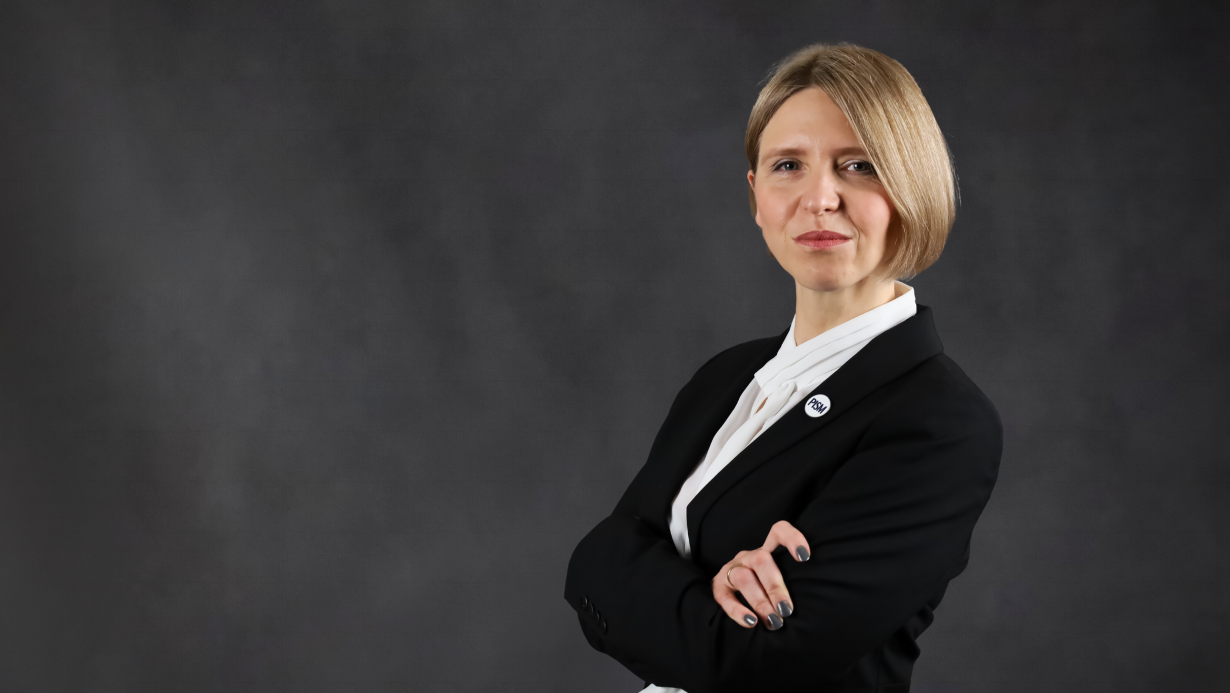The Normandy e Format Summit—No Real Progress

What was agreed at the summit?
The presidents of Ukraine and Russia, Volodymyr Zelensky and Vladimir Putin, did not agree on any of the key political issues, reaching consensus on only a few actions that could lead to a de-escalation of the conflict and build confidence between the parties. The most important of these are the withdrawal of Ukrainian and Russian (so-called “separatist”) forces in three further sections along the frontline by the end of March 2020 (before the meeting, withdrawal was completed in the first three sections), and holding another prisoner exchange by the end of 2019, this time in the formula of “all for all”. Both parties again agreed on a ceasefire, given that all previous ones have been broken. The next Normandy Format summit is to held in four months, during which time further steps to resolve the conflict will be discussed.
Which issues remain disputed?
The Ukrainian and Russian positions diverge the most with respect to the sequence of implementation of the Minsk Agreements provisions. From the Ukrainian perspective, local elections in Donbas may be held only after the Russian forces are withdrawn from there and Kyiv regains control over the part of the Ukrainian-Russian border now fully controlled by the Russian side. For Russia, which still denies that its troops are even present on Ukrainian territory, demands that Ukraine first hold local elections in Donbas before the control over the border is handed back to Kyiv. Both sides have not also yet agreed on the modalities of the elections or on the future status of these territories (called the “special status for Donbas”).
Why has there been no progress in the negotiations?
Any advance in the ongoing talks is currently impossible because of a lack of political will on the part of the Russian authorities to withdraw their troops from Ukrainian territory and to end the conflict. Russia has only been feigning readiness for the negotiations and possible concessions but in fact, it is not interested in any real settlement of the situation in Donbas. Russia’s negotiating position on the future status of Donbas envisages creating on this territory a de facto Russian protectorate, which would provide Moscow with a lasting impact on Ukraine’s internal politics and allow a block on Ukraine’s further integration with the EU and NATO. This situation is unacceptable for the Ukrainian authorities and society. As well, Russia has been continuing its military operation in the Donbas with a view to destabilising Ukraine.
What is next in the negotiations regarding Donbas?
The lack of progress in the talks means that the prospects for settling the situation in Donbas have been postponed again. In the short term, the status quo will be maintained in the form of low-intensity conflict. The Normandy Format will not be extended to include new parties (one of President Zelensky’s proposals was to involve the U.S. in the talks) and neither will there be changes to the Minsk Agreements, which are unfavourable to Ukraine. The negotiations will continue at lower diplomatic levels, mainly those of foreign ministers and both presidents’ foreign policy advisors. However, due to the rigid position of the Russian authorities, it is unlikely that there will be any breakthrough before the next Normandy summit. It is not even clear if or when the provisions agreed at the Paris summit will be implemented.
What does all this mean for EU policy towards Russia?
The Russian authorities’ lack of readiness to embark on a constructive position regarding settling the situation in Donbas means that currently there are no conditions for lifting or relaxing the EU sanctions against Russia. The restrictions should stay in place until Russia fulfils all of its obligations stemming from the Minsk Agreements (including withdrawing its troops and returning control over the Ukrainian side of the border). In this context, the actions taken by some of the Member States, especially France, aimed at improving the EU’s relations with Russia without the precondition of Russia changing its policy, only encourage the Russian authorities to continue their aggression against Ukraine and maintain a rigid negotiating position regarding the future of Donbas.



